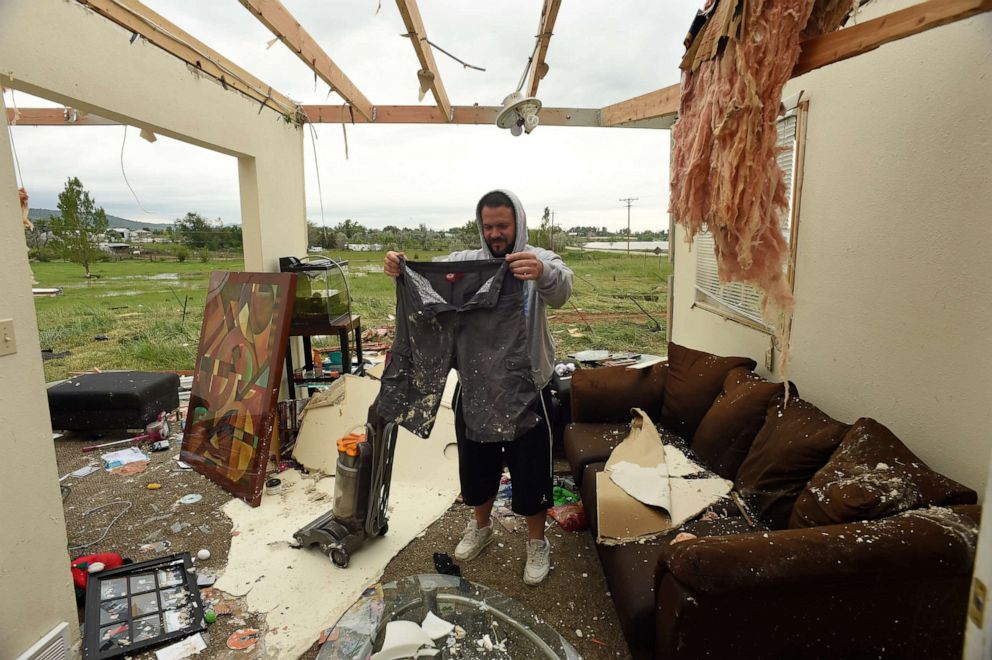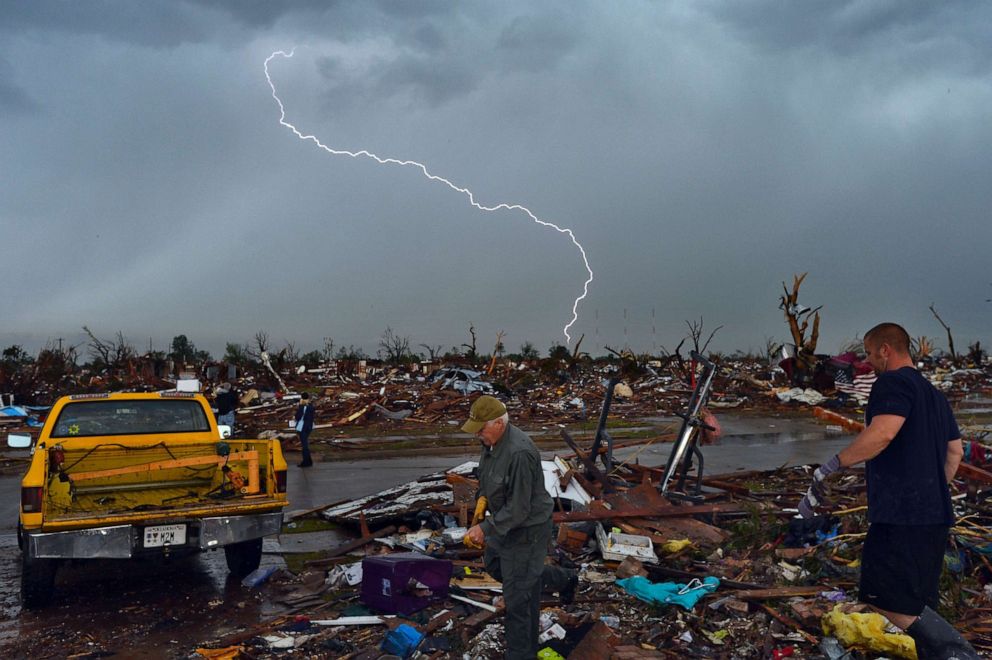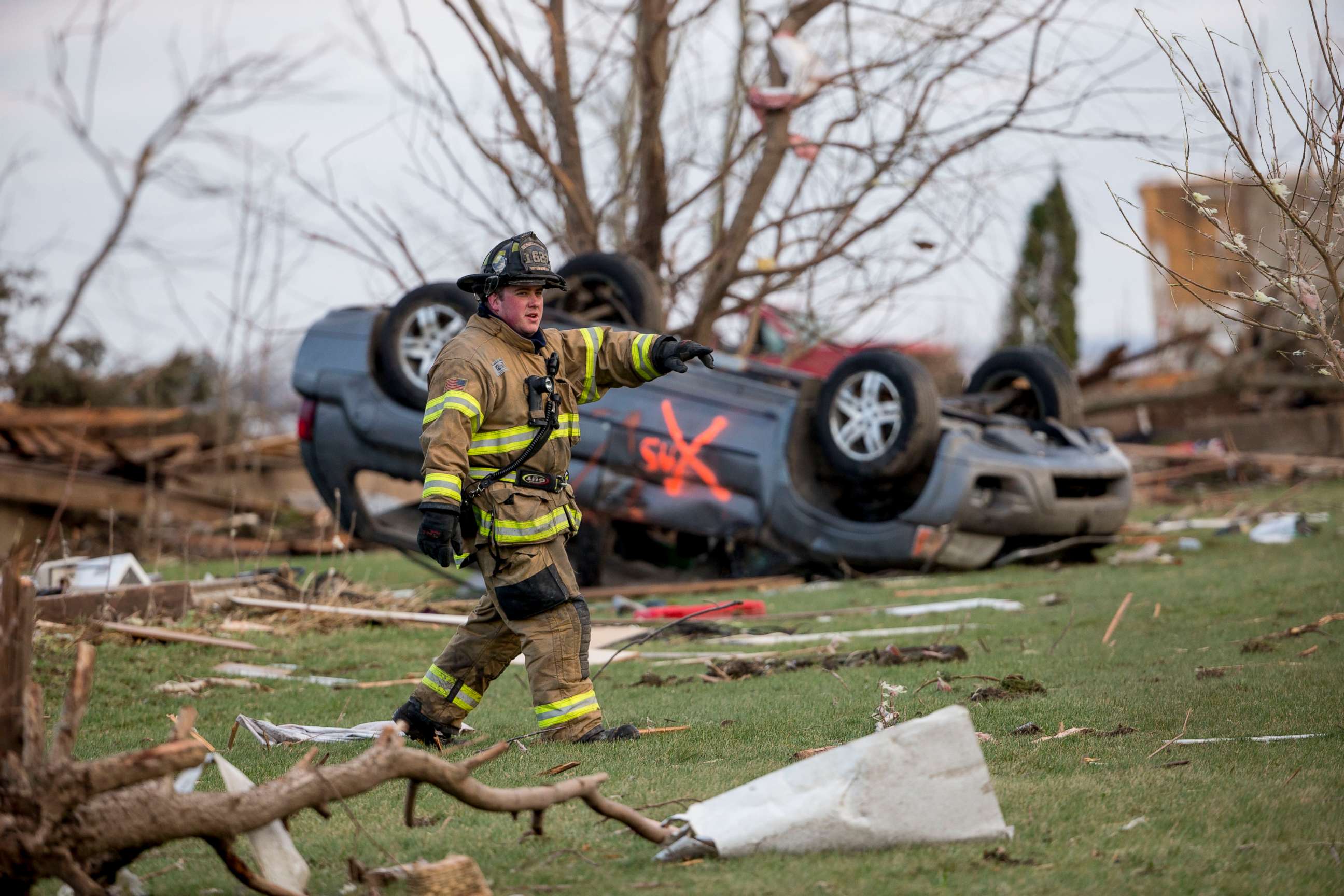How to prepare for and survive a tornado outbreak
Spring can bring a dramatic ramp-up of severe weather across the U.S.
As the atmosphere warms up after winter, spring can bring a dramatic ramp-up of severe weather across the southern and central U.S.

The National Oceanic and Atmospheric Administration reports that while severe weather and tornadoes can occur at any point during the year, the peak of tornado activity in the U.S. occurs in May and early June.
Occasionally, conditions come together to create severe weather including tornadic supercells across large regions -- a phenomenon known as a tornado outbreak. The National Weather Service has several important guidelines for preparing and surviving a tornado outbreak:

-Before severe weather strikes, you should know where you are going to safely shelter during the event and how are you going to reconnect afterward with family members in the event of separation.
-When choosing a place to shelter during a tornado, find the lowest and most interior room of a building, a basement or a storm shelter. You should not shelter in mobile homes or vehicles.
-Some communities may have community shelter options. However, since every community might have different guidelines for these shelters, it is important to find out this critical information before severe weather occurs.
- Have multiple ways of accessing reliable sources of weather information.

- During severe weather outbreaks, power outages and communication failures could significantly disrupt ways to receive information. Enable wireless emergency alerts on your cellphone. Additionally, an excellent device to obtain is a NOAA weather radio, which will transmit life-saving information during a major weather event.
Tornadoes are not the only hazard in severe weather. In every thunderstorm, regardless of intensity, lightning is occurring. The NWS says if you hear thunder or see lightning, you need to get inside and shelter immediately. Additionally, intense winds during non-tornadic severe storms can also bring extreme danger so similar precautions should be taken.



